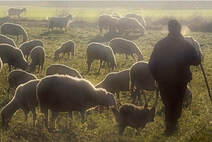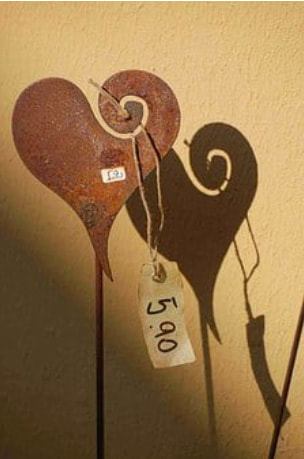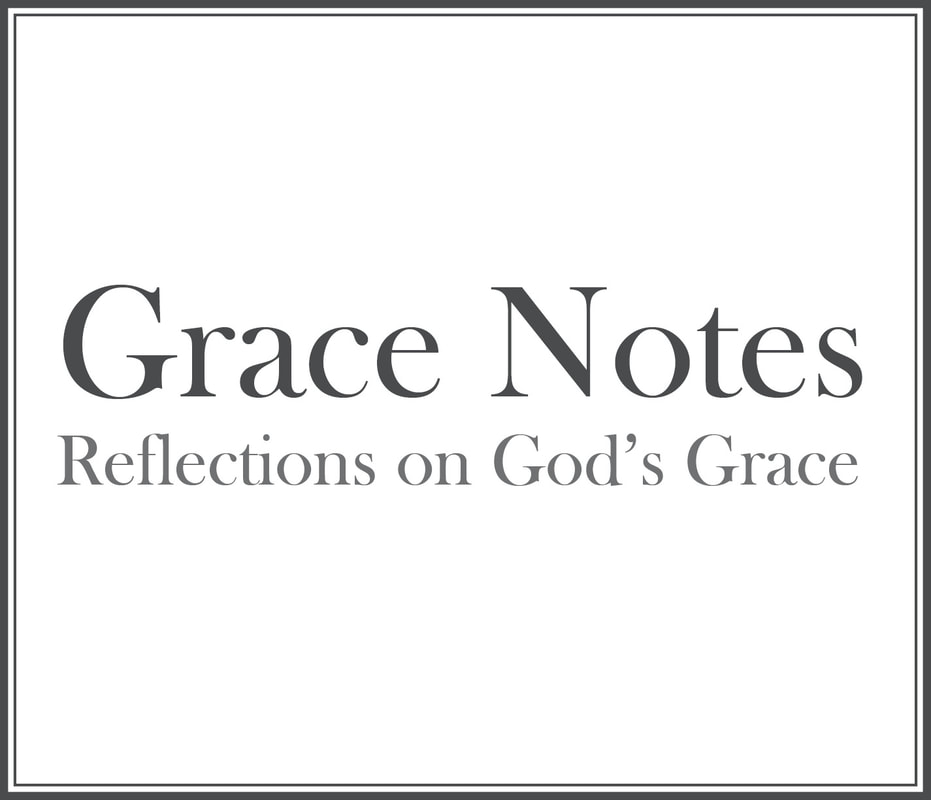 Joy. The word that best describes my week at the ELCA Youth Gathering is joy. Joy in being with the youth and adults from Holy Trinity. Joy in being the church with 16,000 Lutheran youth. Joy in feeling the Holy Spirit move in the lives of these kids. Joy in homecoming. J-O-Y…joy
0 Comments
 In March of 2023, the Congregation Council had its first discussion of a capital campaign to address needs identified by the Property Team to sustain our building into the future. Fifteen months later, we have concluded a Capital Campaign to fund those improvements. We set a three-tiered goal: $1.5 million to do the minimum. $1.8 million to do what was essential. $2 million to do all we hoped to accomplish. As it stands, we have received commitments of $2.352 million from 203 households of the congregation.  There have been a few times in my life that I have received a compliment by mistake. Good job on this or that when I didn’t have anything to do with why that thing was good. I often don’t know what to do with those types of compliments. Most of the time, I graciously accept because I don’t want to be the cause of an awkward moment.  People tend to self-divide into two major categories in my experience: Givers and Takers. No one is totally one or the other, but it seems to me there is a predisposition to one or the other in each of us. Givers default to a posture of seeking to benefit the “other.” Takers lean the other direction, most often concerned with what benefits them.  As a congregation named “Holy Trinity,” we are familiar with the trinitarian name of the One God – “Father, Son, and Holy Spirit.” That does not necessarily mean that we understand the three persons of the One God, who exists in a union of Divine Love. It is often the Holy Spirit who is overlooked and misunderstood most – at least in our tradition of Christianity. Yet, it is the Spirit’s work that is most obvious in our daily living. The Work of the Spirit is often the most concrete manifestation of God right now, right here.
|
Categories
All
Archives
July 2024
|







 RSS Feed
RSS Feed

